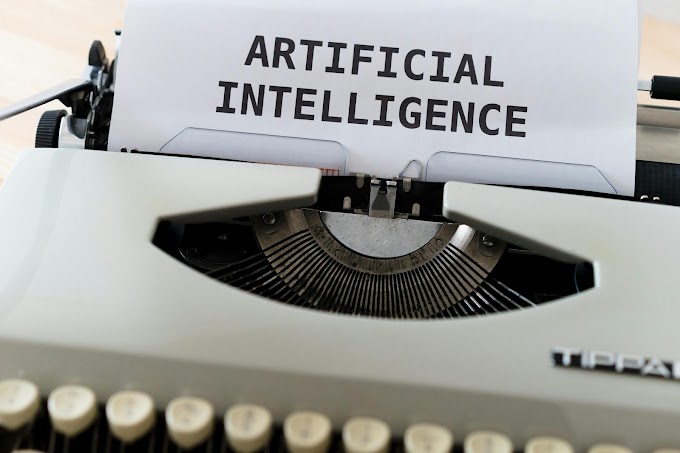Hi, friends today you are going to an interesting topic it is sustainable agriculture. In this you are going to about principles of sustainable agriculture and methods of sustainable agriculture. And also you can benefits of organic farming and disadvantages of organic farming.
Many studies Reveal that the global population is going to reach 9 billion by 2050. Meeting the food demands of this booming population requires 70% increase in food prodution . While morden industrial agriculture introduced by the green revolution (i.e., conventional agriculture ) is highly productive and has achieved a balance between population growth and food production, it has also brought in many detrimental and long-term problems that have degraded the natural environment.
The challenge now is add the ecological dimension for improvement of crop productivity and to introduce agriculture practices that are economically visible and environmental friendly. The rational solution given by economists, environmentalists and social scientists is sustainable agriculture that helps in making a shift from crop- center Green revolution to frontier technollogies- centred evergreen revolution.
Sustainable agriculture is the production of food, fiber, or other plant or animal products using farming techniques that protect the environment, public health, human communities, and animal welfare. It entails the study of relationships between organisms and their environment. It has been defined as "an integrated system of plant and animal production practices having a site-specific application that will last over the long term."
Sustainable agriculture integrates three main goals --- Environmental health, Economic profitablility, and social and economical equity.
PRINCIPAL OF SUSTAINABLE AGRICULTURE
1. Building and maintaining health soil
2. Management of water, energy and other resources
3. Reducing pollution
4. Promoting biodiversity
5. Ensuring Animal welfare
6. Stabilizing the food supply
7. Ensuring Economic viability
8. Management of post harvest produce
METHODS OF SUSTAINABLE AGRICULTURE
Following are the methods by which the sustainable agriculture is carried out:










